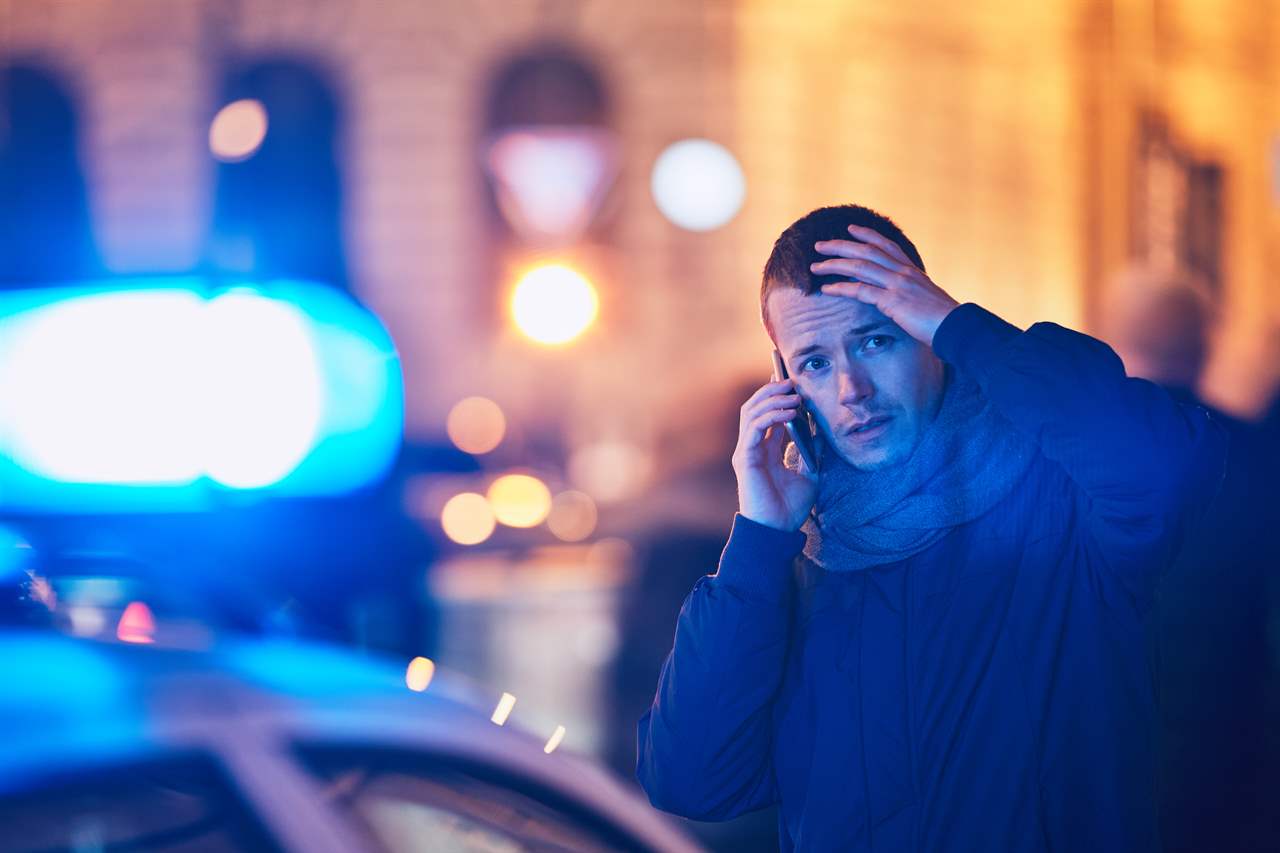Emergencies can occur anytime and anywhere. Failed to act on time and effectively can result in fatal outcomes.
You might be walking on the road, sitting in your office, sleeping in your bed; no matter what emergencies can always find you.
When it happens, you will not have any time to ponder over the adrenaline rush in your body or the trembles of your hand.
There is only one thing that is required from you, ACT! And Act fast.
If you read up these 7 great tips we have put forward, you will find it a lot easier than before. Instead of standing there paralyzed, these tips will guide you about how to act properly.
Who knows you might end up saving lives?
Hence, let’s dive into these great tips that will help you prepare for emergencies.
What kind of emergencies?
Honestly, emergencies could be of various kinds however there are still few that require immediate attention and those include:
- Medical Emergency such as Heart Attack
- Road Accidents
- Fire
- Suicide Attempts
- Gunshot wounds
- Stroke
- Seizures
- Cardiopulmonary Resuscitation (CPR)
- Head Injuries
- A robbery
These are some of the emergencies that require immediate action. Let’s find out how you are to handle them.
1. Try to Stay Calm
Whenever we are in a state of stress or an emergency, the natural response of our body is the activation of the sympathetic system.
Once it is activated, your body will try to fight off the situation by producing anxiety. Some of the common symptoms you will face are regarded as fast heartbeat, tightening of the chest, shortness of breath, hand and legs tremors, lightheadedness, and sweating.
Now, you tell me will you ever be able to handle an emergency with such a condition? Obviously no.
Hence, the first and most important tip for handling an emergency is to try to stay calm.
If you are one of the witnesses of a road accident, compose yourself and run to aid the victim. However, if you are the one going through a stressful situation as having a panic attack in the middle of your class presentation then take deep breaths, drink water, an excuse for a minute, and clear your head.
Once you are calm, you are more likely to handle the situation effectively and in the right manner.
2. Escort yourself to a safer place
This great tip is mostly useful and comes in handy when caught up in situations like fire, earthquake, road attack, etc.
The most important thing you need to do is escort yourself and the others to a safer place than where the damage is.
For instance, if you are in a building that caught up a fire runs towards the exit and get you out of the situation.
In case of earthquakes, it is always recommended to put you out in the open where there is no building.
Hence, compose yourself and run out of the building to escape the damage.
The same goes for road attacks etc, before calling the FBI make sure you are in a safe place and out of reach from the criminals.
3. Try to Stop the Bleeding
If you find yourself caught up in the middle of a road accident or you opened the bathroom door to find someone close to you committing suicide the most important thing you need to do is to try and stop the bleeding.
People just sit there panicking and crying for help, holding their dear ones in their arms. We understand how horrible it could be but remember it is always better to try and help.
Grab a piece of cloth or any fabric you can find nearby and directly apply pressure over the wound. This will help in stopping the bleeding.
Make sure to not press too hard that could lead to more damage. Just apply some pressure to stop the bleeding as much as you can.
4. Seek Professional Help
In life-threatening emergencies such as road accidents, fire, suicide attempts, etc, no one will provide you better assistance than the professional itself.
You might be able to lower the damage but only a professional can save the life of the victim.
Hence, immediately call for professional help and provide them with the right information. Ask them to show as soon as it is possible.
In case of a more severe condition, ask professional advice on how to aid in the situation and what is it that you can do to help.
Be vigilant and don’t panic.
5. Keep in mind the ABCs of life support
The ABC’s of life support refers to:
- A: Airways open. This means you must check and open the victim’s airways for him to breathe properly. Do not suffocate him.
- B: Breathing Restored. Check and see the breathing pattern of the victim. If he is not breathing properly provide him with CPR and take measures to help him breathe.
- C: Circulation Maintained: if there is no pulse call 911 immediately.
6. Try to keep your victim conscious
If your victim is not unconscious, communicate with him; try to divert his attention to keep him conscious.
This is exceptionally important.
7. Ask for Help
Lastly, ask for help.
Getting out of an emergency yourself could be hard. Ask for help when required.
For instance, in case of a road accident ask the people nearby to help you prevent the bleeding, perform CPR and keep the victim conscious.
Final Thoughts:
Emergencies are so sudden and out of the blue that people usually panic and ruin the situation even more.


